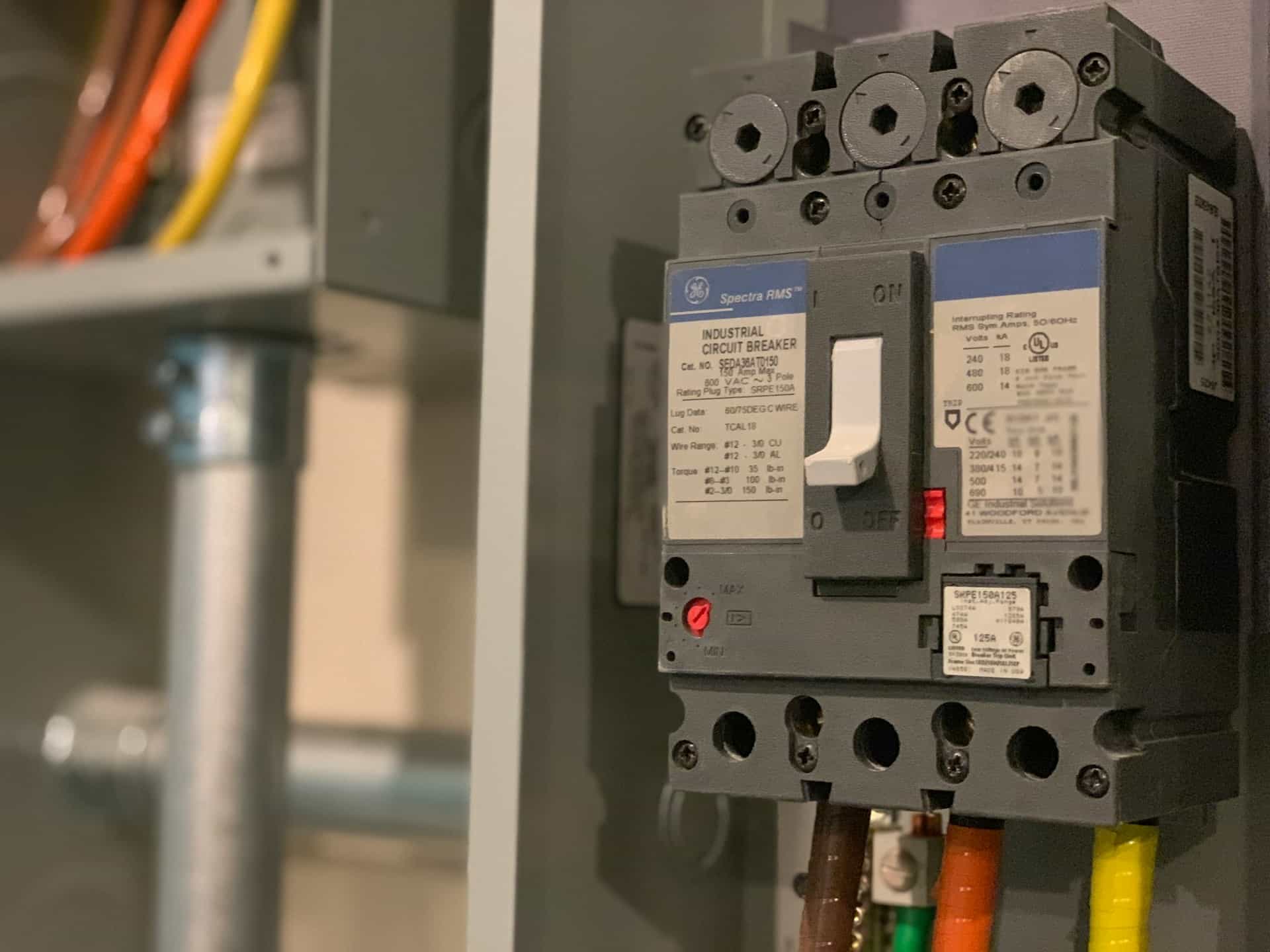Requirements for Getting an HMO Licence
Obtaining an HMO licence requires meeting strict regulations to ensure your property is safe and well-managed. A key part of the licence application process involves demonstrating compliance with fire safety standards, including having proper alarms installed and clear escape routes marked.
Furthermore, you must meet the minimum standards for bedroom sizes and the number of bathrooms and kitchens. Your property must also have a current gas safety certificate from a registered Gas Safe engineer, and you must provide an Electrical Installation Condition Report (EICR) every five years.
Beyond the physical property, you, as the HMO landlord, must also be deemed a “fit and proper person” to hold a landlord licence. This process ensures you have a clean record and are competent to manage a House in Multiple Occupations. Meeting all these criteria is essential for securing a licence.
What Happens if Landlords Don’t Get a Licence?
Operating an unlicensed HMO is a serious offence with significant consequences for any HMO landlord. Councils have the power to issue substantial penalties, including unlimited fines, which are often run to a far greater expense than the cost of a landlord licence. In addition to financial penalties, an unlicensed property can have severe legal repercussions.
Tenants living in an unlicensed property can apply for a Rent Repayment Order, forcing the landlord to pay back up to 12 months’ rent. This powerful tool under UK property law protects tenants and discourages non-compliance.
Furthermore, an HMO landlord who fails to obtain a licence may face criminal prosecution and be banned from managing rental properties. Complying with HMO regulations is essential if you want to avoid a penalty, a crucial part of responsible property management, and a legal obligation that protects your investment.
Advantages and Disadvantages of HMOs
Operating a House in Multiple Occupation can be an attractive prospect for landlords. It often promises higher rental yields and reduced risk of void periods compared to single-let properties. The consistent demand from students and young professionals seeking affordable, flexible accommodation to share with friends makes an HMO a popular buy-to-let strategy.
However, becoming an HMO landlord comes with a different set of landlord responsibilities. The stricter regulations mean more hands-on property management than you would expect when managing a single household property, and you must be prepared for increased wear and tear on the property. These properties are subject to more frequent inspections and must comply with rigorous rules regarding fire safety, minimum room sizes, and overall living conditions.
The cost of a landlord licence and the necessary upgrades to meet these criteria are also important considerations. While the financial returns can be rewarding, weighing them against the added complexity and legal obligations of managing an HMO is crucial.
Conclusion
Obtaining an HMO licence is more than a mandatory hoop to jump through – it is a fundamental legal requirement protecting tenants and landlords. By adhering to the HMO rules and regulations, you ensure your property is safe for your tenants, well-managed, and meets or exceeds the minimum standards. Ignoring these obligations can lead to severe penalties, from a hefty financial fine to a criminal record, and leave you vulnerable to receiving a rent repayment order from your tenants.
Facing these complex landlord responsibilities can be challenging, especially for a first-time HMO landlord, particularly with the variations in local council HMO schemes. Expert help is invaluable if you are unsure whether your property you want to rent out needs a House in Multiple Occupation licence or require assistance with the licence application process.
Crown Luxury Homes can provide guidance to ensure your property remains compliant with all aspects of UK property law, giving you peace of mind and protecting your investment. Contact us today to find out more about how we can help.





